This isn’t a success story. It’s a failure story.
It’s about broken pride and a faith crisis. It’s about being wrong. It’s about questioning your family, your morals, and your upbringing. It’s about pain.
But it’s also about how those things give birth to something greater, something essential to true happiness: the ever-elusive quality of self-acceptance.
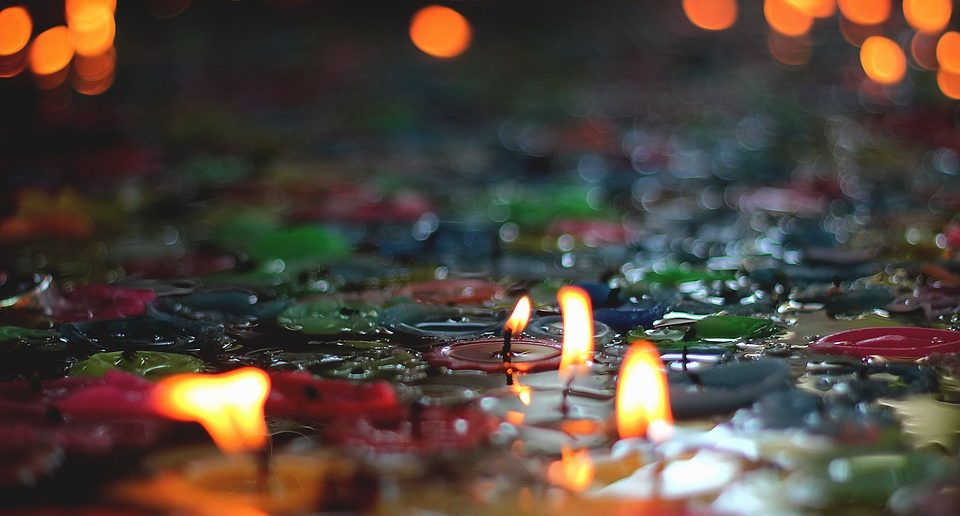
The “Flawless” Problem
I grew up in a large, noisy, busy-body Catholic family. I was born between a Type A, go-getting sister who possessed pathologically efficient organizational skills and a musically inclined brother with fabulous, gravity-defying hair. He was followed by my younger sister (and last sibling), an aspiring artist with multiple piercings, a wrist tattoo, and an insatiable zest for the open road.
Every one of my siblings had an identity crisis and rebelled against my parents’ reign at some point, dabbling in political differentiation or off-the-wall clothing. However, I never did. I didn’t like causing trouble, but to be honest, I never really had troubles to report. I didn’t question anything I was told, and was the one kid Mom and Dad could rely on to never make waves. “I’m not worried about you,” my father once told me. Those words filled me with pride.
I didn’t realize until I got older how much of my identity had become wrapped up in that “being-right” mold.
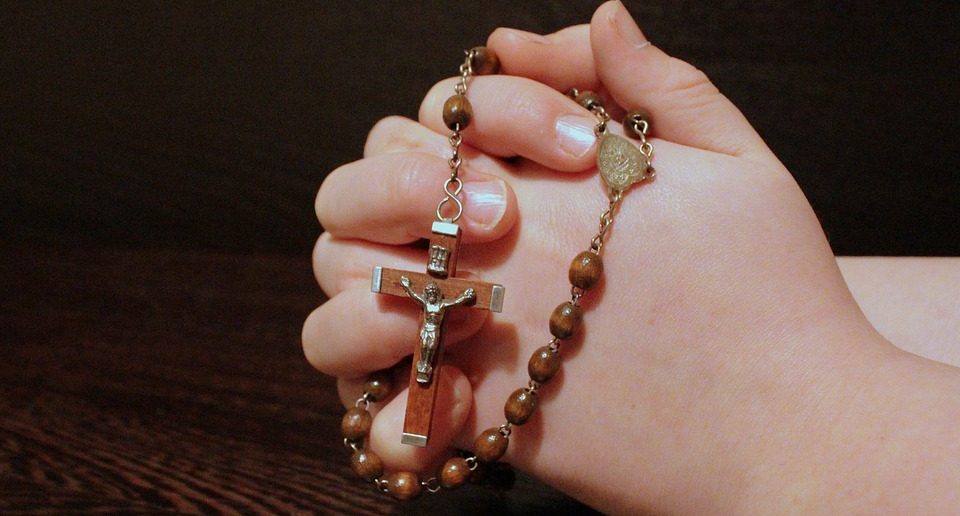
A Silent Crisis
It hit me like a sack of bricks when I got a job and moved out of the house, when I was inundated with viewpoints I’d never encountered before. I had always known about them, of course, in the same way I’d always known about Japanese Zen gardens. But as anyone who has gone to Japan will tell you, it’s one thing to hear about it and quite another to experience it firsthand.
In fact, the more I was exposed to secularism, liberalism, and spiritualism, the more I was forced to come to the despairing acknowledgement of my own inadequacy. I’d been told my whole life that I was “right.” My religion was “right,” my attitude in the family was “right,” the way I was living was “right.” But I’d never learned how or why. Thus, I had nothing to say when approached with other ways of thinking because, swathed in a cloak of arrogance over being the “good one,” I’d never bothered to look into other views or the reasoning behind them. I’d just dismissed them. Or ignored them.
Soon, however, it became painfully apparent that the “me” I thought I’d known so well was little more than a doll dressed up with other people’s preferences. When stripped of them, it became a naked, blank-eyed figure of porcelain nothingness. It had no uniqueness, and certainly nothing to offer anyone else.
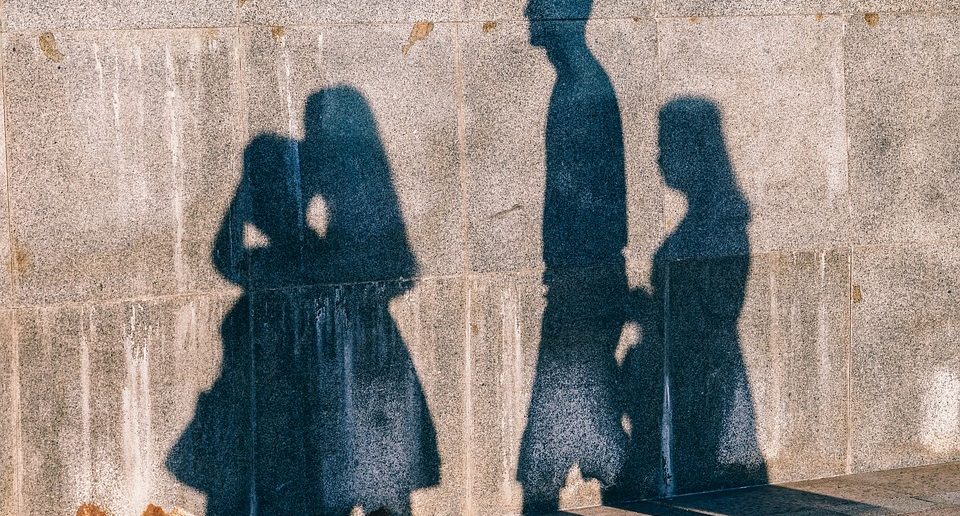 Her Majesty’s Court
Her Majesty’s Court
The revelation of not knowing who I was once I was away from home left me with a hole inside, a gaping wound that plunged me down a dark hallway of existential angst. I clawed at the slippery walls of my deteriorating self-image for an eternity, trying to project myself out of the seemingly endless stretch of mental and spiritual darkness which engulfed my mind, broke my heart, and confused my reason.
Nothing seemed right, but everything could be right. Was God even real? What if the whole religion thing was bogus? On the other hand, what if it was everything? What was truth, anyway? Was it my preference? My opinion? Passed down by a higher power? Biologically implanted? The result of psychological factors or social upbringing? All of these things? None of these things?
Even the simple task of getting out of bed in the morning became a chore. I would go to sleep and find myself wishing I wouldn’t wake up. At least in death, there was peace. In death, my thoughts couldn’t torment me anymore. Finally, after chewing at my own heart for months, a sliver of light shone through the cracks of my exhausted soul, a tiny, flickering flame of weary resignation: I had to start from rock bottom.
Assuming that nothing was right, and that every creed had to prove itself to me (rather than the other way around), I threw open the doors of my mind and invited in everything lined up on the doorstep.
Let’s see what they have to say, I thought, these jesters from other courts. Let’s look at their crosses, their books, their symbols, their sacrifices. They come from distant kingdoms, but that doesn’t necessarily mean they come from hostile kingdoms. It was time to stop being suspicious of them because they wore different garments. It was time to listen with an open heart and mind.
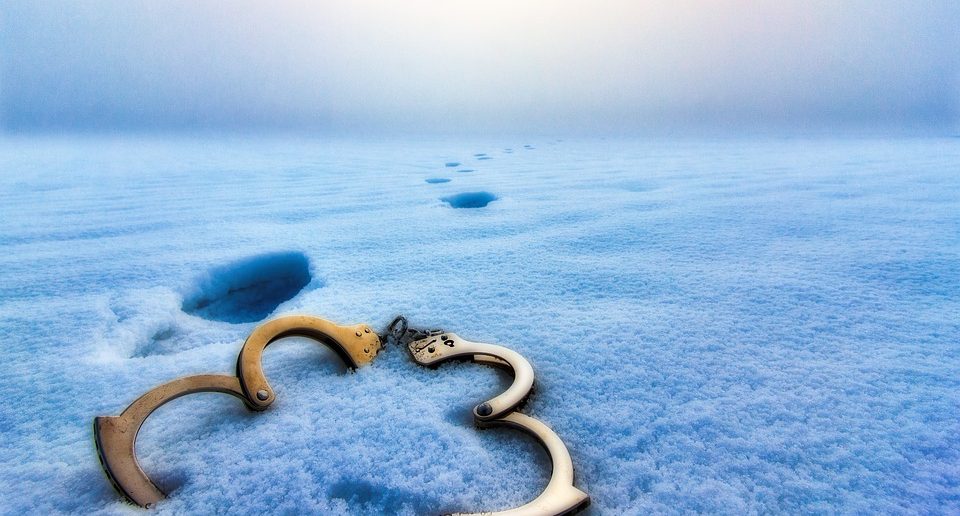
From Parlors to Gardens
My first stop was England, where I was shown into the studies of Richard Dawkins, Bertrand Russell, and Christopher Hitchens. They had some strong words, which I quickly realized related very little to my current dilemma. They sought to explain away rather than explain, to project me into a universe devoid of existential wonder. This was neither human nor helpful, so I thanked them kindly and decided I needed to seek out spiritual mentors rather than scientists.
I found my first one sitting beneath a Bodhi tree.
At first, he regarded me with nothing but suspicion. His eyes met mine with a silent query: Are you willing to stay once it gets tough? Because most people aren’t, so if you’ll excuse me, I’d like to get back to being enlightened. It turned out I was pretty damn serious, and though it took a while to convince him, Siddhartha Gautama finally allowed me to sit at his feet.
He put my finger on the throbbing heartbeat of the universe, and I learned how to listen.
The Buddha didn’t teach me how to solve my crisis; rather, he taught me how to meet it with kindness. He showed me how to open my arms and embrace the bits of me I was so afraid of approaching. Doubt had become part of me. This was okay, he said. This was human. To be human is to doubt, because to doubt is to suffer. And without suffering, how would we ever want more for ourselves?
I wanted to sit on the Buddha’s lap forever, but eventually I realized that the cup of the Universe he held to my lips was only a taste of something else; the tiny piece of Life in that holy goblet must come from a greater source. I wanted to find that Source. So I left my teacher under his tree, taking him with me in my heart as I set sail for a familiar land.
It didn’t take long to reach the shores of Galilee. I’d been there plenty of times growing up. What surprised me was that I didn’t find Jesus where I expected: condemning in the public square or tearing up temples in holy rage. This time, I found him weeping in a garden.
I wanted to approach and ask if he wouldn’t mind taking me on as a student, but suddenly I knew I didn’t have to. He was already teaching me. At this point, I’d learned that words were cheap and silence was powerful. So I observed him from a distance. This is supposed to be my savior? I thought. This oddball carpenter from nowhere who died like a crook? God incarnate isn’t looking too good, is he? Isn’t this all just BS?
I didn’t know what to make of him. I couldn’t look away. I just stood at a distance watching him cry. Finally, with this strange lesson of suffering and hope tucked away in my pocket, I left Jesus to his Father and headed to New York.
That’s where I became acquainted with Elizabeth Gilbert.
I followed her as she battled demons in an isolated cave, as she fought to break the chains of self-loathing and despair. Fear of self, feelings of abandonment, an impatience with limitation—all of this was too familiar. I was happy to discover that in the end, she did manage to find God, friends, and love.
Finally, it was time to go home and think. I gathered up the common threads in these stories and examined them: love, compassion, trustful surrender, perseverance. If my mentors, coming from various eras and situations, recognized the value of the same things, that meant Truth was one unified essence.
It meant it was possible to catch flashes of its lighting-like brilliance scattered throughout the darkness of human history. It was out there patiently waiting to be discovered by dumb, fickle humanity. It was out there waiting for me.
And just like that, Hope came back to me at precisely the time I thought it had departed from my soul forever.
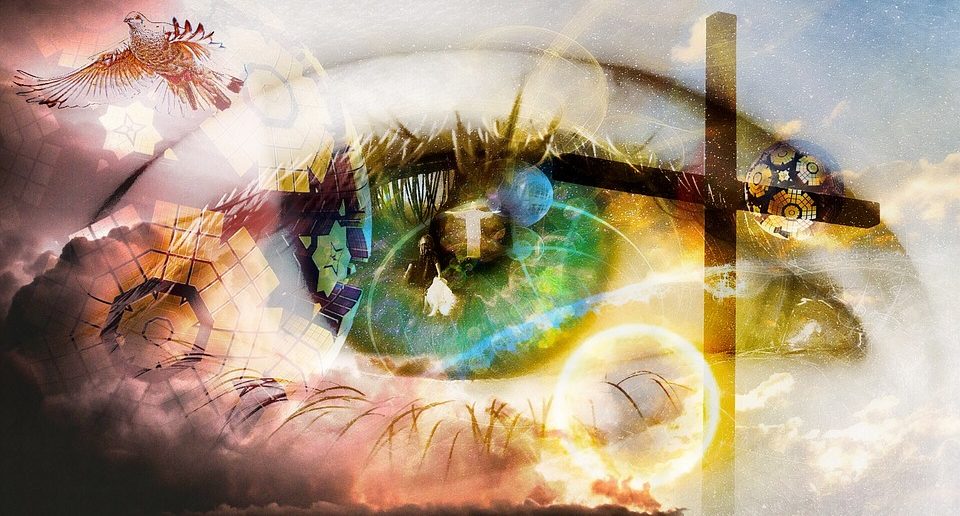
Claiming Your Dark Wood
This story doesn’t have a definite conclusion. I had no sudden explosion of divine grace, no moment of total clarity, no philosophical breakthrough. The purpose of this article is not to convince you I have answers, but to tell you that doubting your faith, your family, and your identity is okay.
It’s okay.
I had nobody around to tell me this. I spent too long feeling guilty because I felt like I was betraying those I loved. The funny thing is that when I did start to tell people of my doubts, they were more than willing to listen. Oh, there was debate. There was concern. But there was also infinite love and understanding.
We all have moments of questioning, moments where the veil of comfort is ripped from our eyes and we must face life on our own two feet. What matters is not having this moment, but in accepting it.
Doubt is not a disease. It doesn’t make us unlovable or unworthy. It just makes us human.
It’s fine not to know what you think, because that’s how you discover what you do think. Keep walking forward. It’s only by going through the agony of shedding your old self that you can begin to find the true one buried beneath.
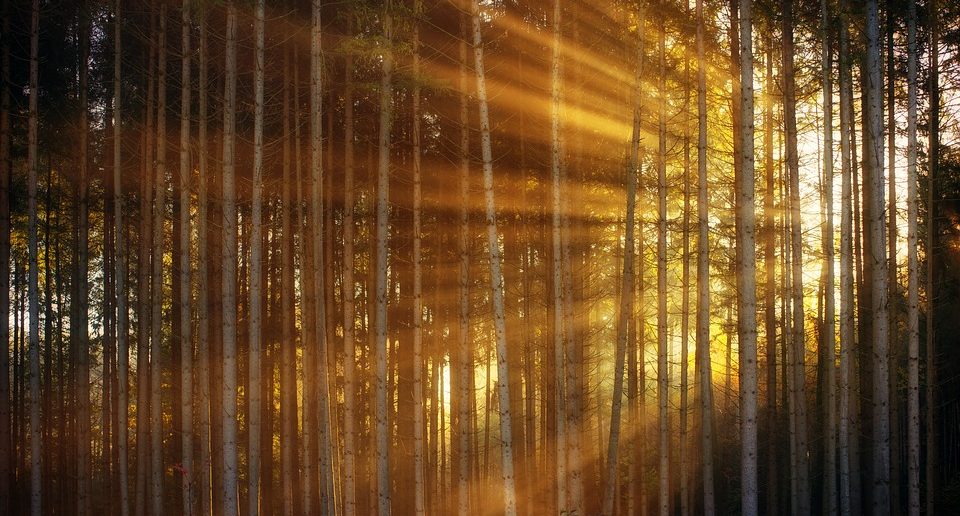

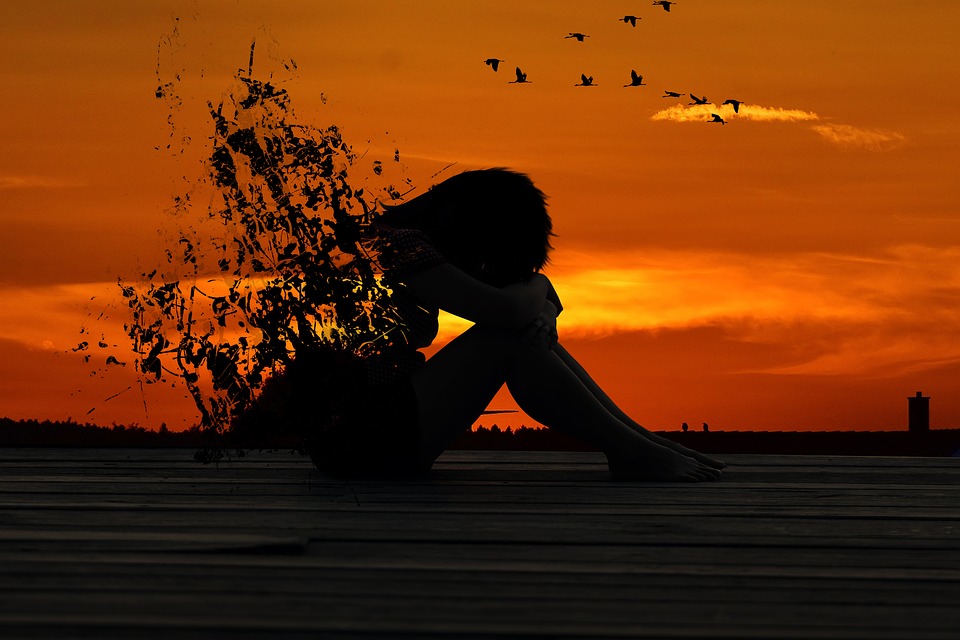
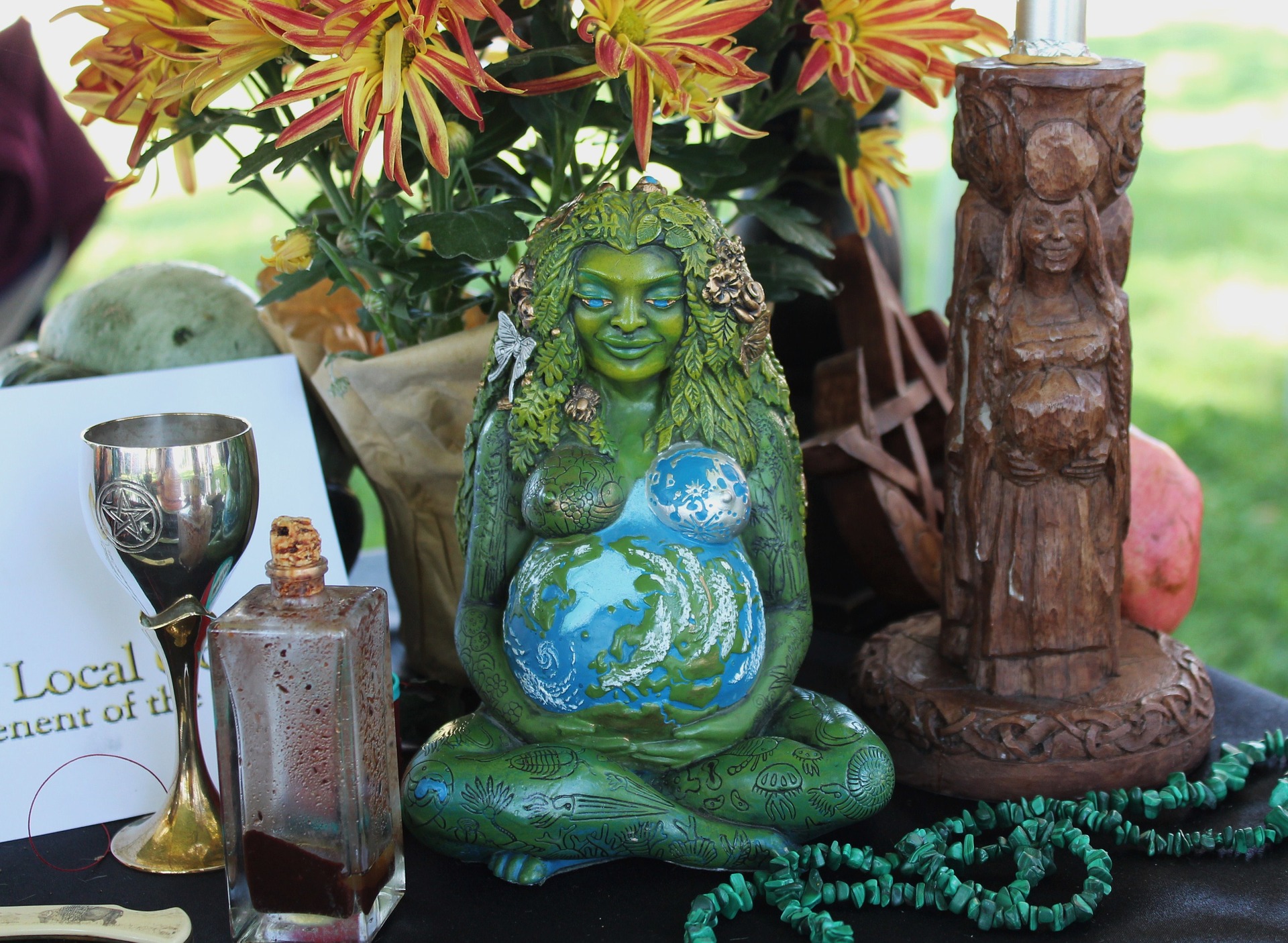


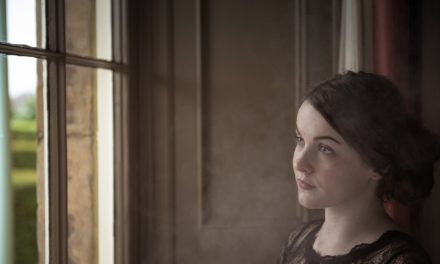

Beautiful! Thank you for our shared journey.